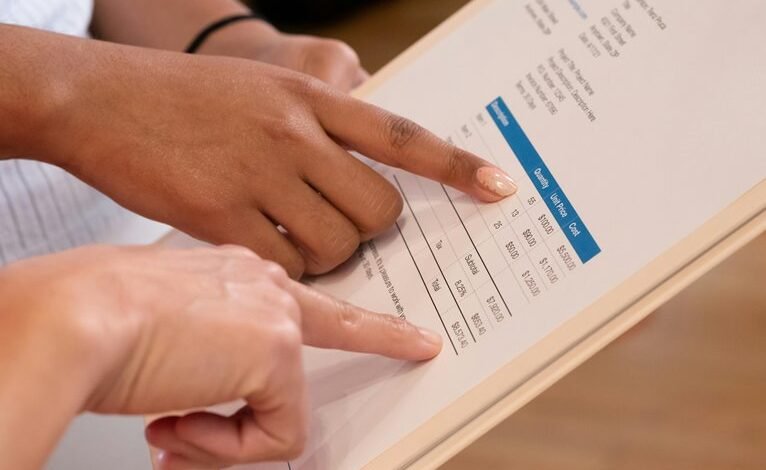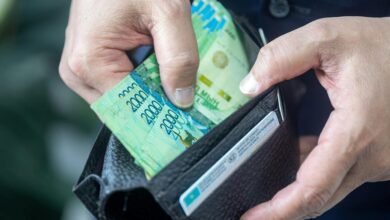Caller Tracking Protection Verification Service Watch Report 3884843725 3517186707 3770908172 3533109899 3288576771 3516187336

The Caller Tracking Protection Verification Service Report examines key phone numbers, highlighting the importance of caller identification in today’s communication landscape. This analysis reflects the ongoing battle against scams and unwanted calls. By employing advanced privacy measures, the service enhances user confidence. However, the nuances of these verification processes raise questions about their overall effectiveness. Understanding the implications of this service is crucial for anyone navigating the complexities of modern telecommunication.
Understanding Caller Tracking Protection
Caller tracking protection represents a critical advancement in safeguarding personal privacy in an increasingly interconnected world.
This technology enhances caller identification by obscuring the identity of individuals, thereby implementing effective privacy measures.
As surveillance tactics evolve, such protection serves as a necessary barrier against unauthorized tracking, empowering users to maintain autonomy over their personal communications and ensuring their freedom from invasive monitoring.
Analyzing the Effectiveness of Verification Services
The effectiveness of verification services in caller tracking protection is pivotal in assessing their overall impact on user privacy and security.
High verification accuracy ensures that legitimate calls are distinguished from potential threats, enhancing user trust.
Additionally, service reliability plays a crucial role in maintaining continuous protection, allowing users to navigate communication channels with confidence, ultimately safeguarding their freedom from unwanted intrusions.
Common Threats and Scams Targeting Phone Users
How do common threats and scams exploit vulnerabilities in phone communication?
Phishing scams utilize deceptive messages to obtain sensitive information, capitalizing on user trust.
Meanwhile, robocall tactics bombard individuals with automated calls, often promoting fraudulent services or requests for personal data.
These strategies thrive on the unsuspecting nature of phone users, highlighting the need for vigilance against such pervasive threats in communication channels.
Best Practices for Protecting Your Privacy
While individuals may believe that their privacy is secure, adopting best practices for protecting personal information is essential in an increasingly interconnected world.
Implementing data encryption safeguards sensitive data from unauthorized access, while staying informed about privacy regulations ensures compliance and protection of rights.
Regularly updating software and using strong, unique passwords further enhances personal security, empowering individuals to maintain their privacy effectively.
Conclusion
In conclusion, the Caller Tracking Protection Verification Service serves as a vital shield, akin to a fortress safeguarding against the relentless tide of phone scams. By employing advanced techniques to verify caller identities, it enhances user trust and ensures a more secure communication landscape. As phone threats evolve, the importance of such services cannot be overstated; continuous vigilance and adherence to best practices are essential for users seeking to protect their privacy in an increasingly interconnected world.




